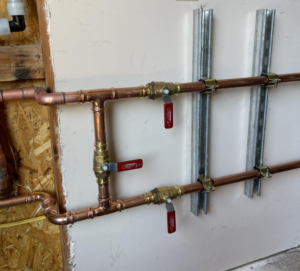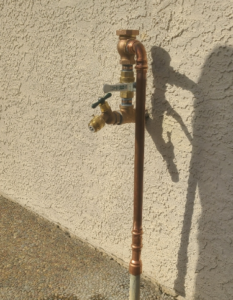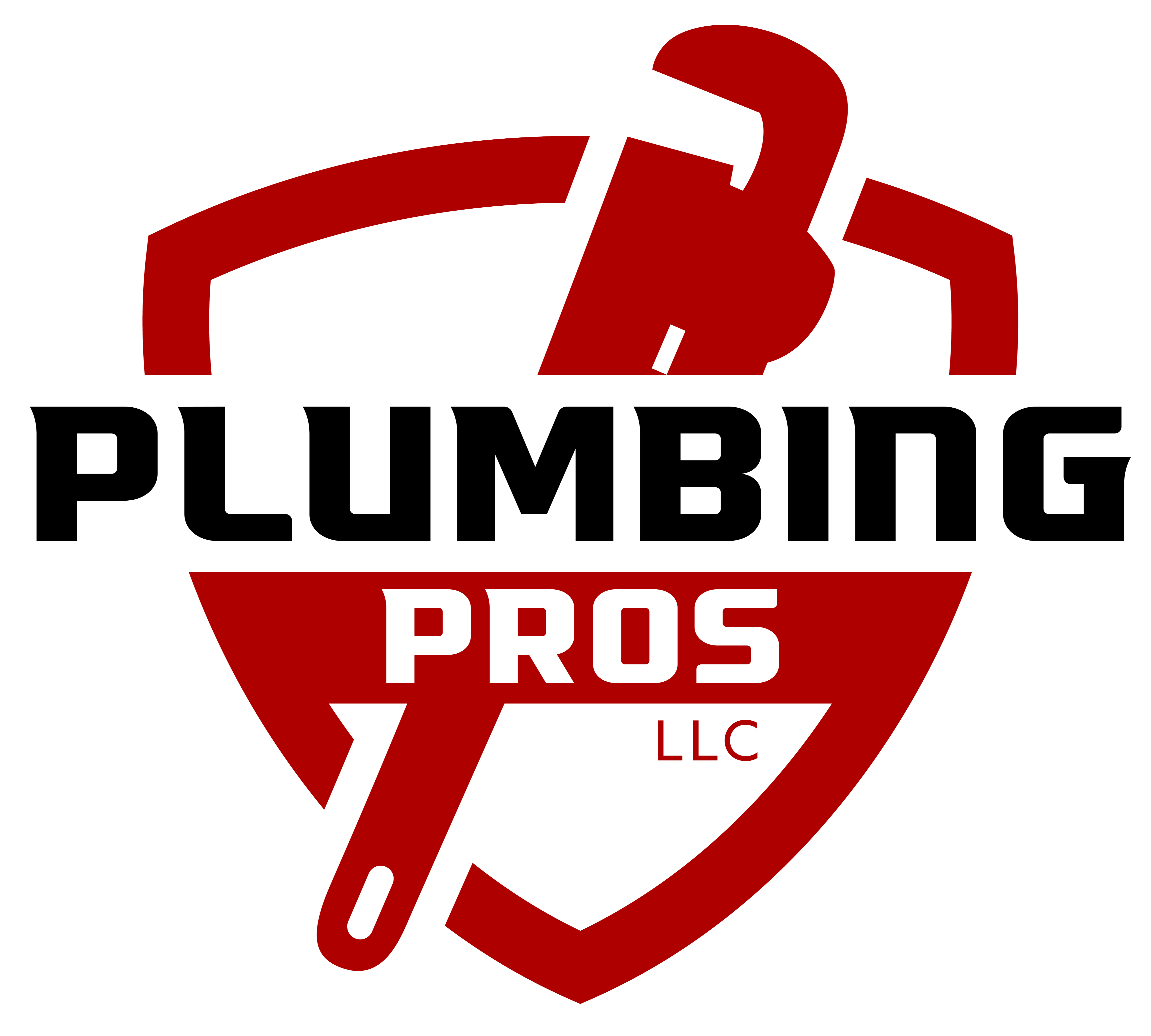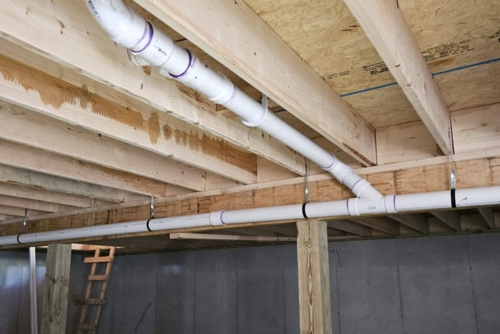At Plumbing Pros LLC, we perform plumbing inspections every day for homeowners and commercial property owners. A thorough inspection helps catch hidden issues, prevent costly repairs, and keep your system running safely. Here’s what happens during an inspection, common issues we uncover, and why scheduling one is worth it.
Why Plumbing Inspections Are Essential
Regular inspections protect your property by:
-
Catching problems early before they turn into expensive repairs.
-
Improving water efficiency by identifying leaks and pressure issues.
-
Ensuring safety with gas water heaters and other appliances.
-
Protecting property value with proof of a well-maintained system.
Whether you’re buying, selling, or maintaining your property, inspections save time, money, and stress.
What Happens During a Plumbing Inspection
Our inspections cover every major part of your plumbing system:
Pipes and Plumbing Fixtures
We check pipes for corrosion, rust, leaks, or weak joints. A water pressure test confirms proper flow and helps us spot hidden blockages. We also identify outdated materials — such as lead or polybutylene — that may need replacement.
Water Heater Inspection
We evaluate the water heater’s age, condition, and efficiency. For gas units, we check ventilation for safety and look for rust, sediment buildup, or leaks.
Faucets and Fixtures
We test faucets, showers, and toilets for leaks and low water pressure. Dripping fixtures and slow flow often point to bigger issues inside the system.
Sewer and Drain Lines
Using video cameras, we inspect drains and sewer lines for cracks, blockages, and tree root intrusion. We check for slow drains, backups, and odors that signal major problems.

Solid bypass valve set to identify any issues
Common Plumbing Issues Found During Inspections
We often uncover:
-
Pipe corrosion that weakens plumbing and leads to leaks.
-
Drain blockages from debris, grease, or invasive roots.
-
Leaky faucets and toilets that waste water and raise bills.
-
Low water pressure from clogs or hidden leaks.
Catching these early prevents damage to your property and reduces repair costs.
How Long Does a Plumbing Inspection Take?
-
Single-family home: usually 1–2 hours.
-
Commercial or multi-unit buildings: longer, depending on size and complexity.
Benefits of Scheduling Regular Plumbing Inspections
-
Prevent emergency plumbing repairs.
-
Reduce water waste and monthly bills.
-
Maintain safe operation of water heaters and gas appliances.
-
Increase property value with a strong inspection report.

Upgrade from plastic pool valves to durable copper and brass ones
Schedule Your Plumbing Inspection Today
A professional plumbing inspection gives you peace of mind and protects your investment. At Plumbing Pros LLC, we use advanced tools and years of expertise to find hidden issues before they become major problems.
Regular checks save money, prevent water damage, and boost safety and property value. This guide prepares you for inspections, whether it’s your first or next.
For inspection scheduling or further information, contact us or email plumbingprospa@gmail.com.
About The Author
Salvatore Sciorta
Salvatore Sciorta has nearly 20 years of plumbing experience. After working with his father in New York City, he founded Plumbing Pros in Easton, PA, in 2022, offering both residential and commercial services. With over 350 five-star Google reviews, Sal has earned a reputation as Easton’s top-rated plumber, known for consistently exceeding customer expectations and delivering when it counts. After completing a five-year apprenticeship working with his father in NJ, he spent six years as a union plumber in NY.





